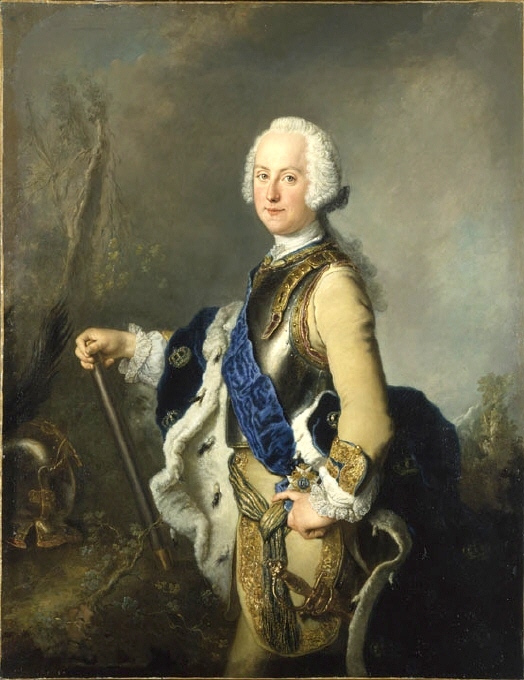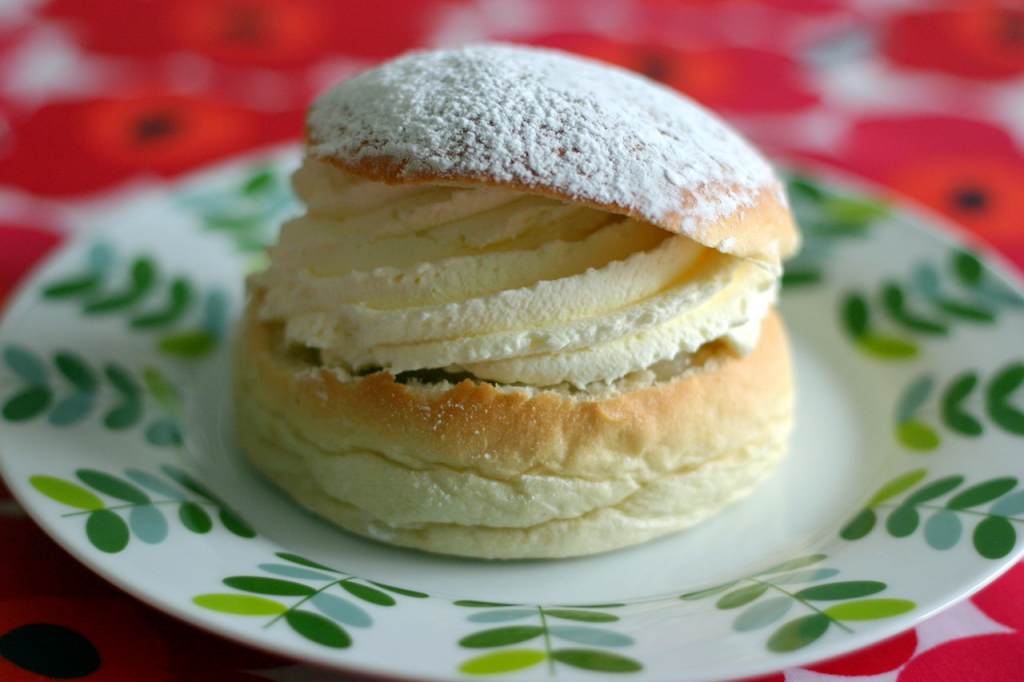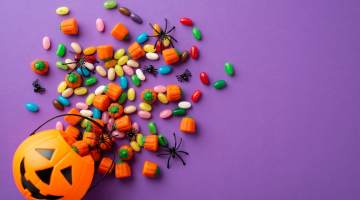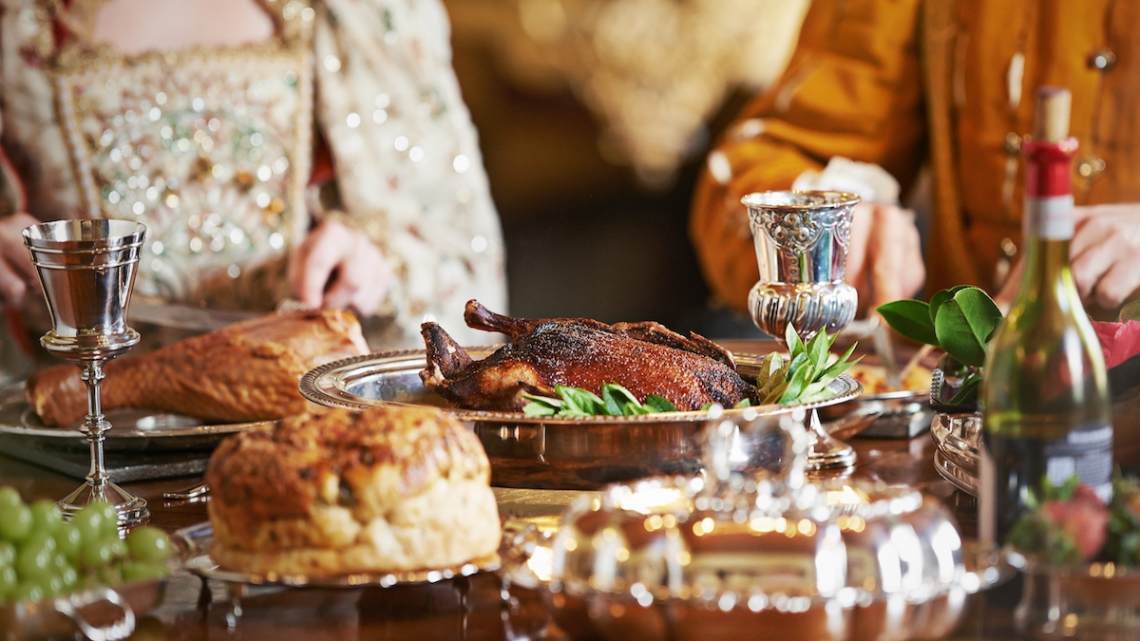The captivating story of 18th-century King Adolf Frederick is not dotted with conquests, alliances, or royal intrigues. In fact, King Adolf’s reign was a little … well, dull. It seems like King Adolf Frederick saved all the zest for his dinners — especially the dinner that ended up marking his final exit. You might say he had a death worthy of a king — one that was, literally, a royal feast.
Meet Adolf, the King with the Culinary Crown
Before we take a closer look at the unusual tale of King Adolf Frederick’s epicurean exit, let’s first take a look at his life. Born on May 14, 1710, in Gottorp, Germany, Adolf Frederick had royal roots — his father, Christian August of Holstein-Gottorp-Eutin, was a duke, while his mother, Albertina Frederica of Baden-Durlach, was a German princess. A life of noble pursuits was in the cards for him, but the crown? Not initially.
Adolf Frederick found himself on the throne unexpectedly in the 1740s. He wasn’t the obvious choice to become the king but ended up with the crown thanks to the influence of his niece, Catherine the Great (who would eventually become the reigning empress of Russia), and the Russian government, who were pushing for a pro-Russian king.

Once he became king, however, it was the Swedish Parliament (Riksdag) that made most of the big decisions. Alfred’s time as a king was a passive, quiet era with a lack of grandeur. He’s mostly remembered as a kind man who loved to make handcrafted wooden snuff boxes.
However, despite the lack of grandeur in his political reign, there was something grand brewing in his personal chambers — a love for gastronomy.
Adolf’s Feast of Eccentricities
While King Adolf’s reign might not have had the sparkle and pizzazz we usually associate with royalty. There was nothing dull about the king when it came to his fondness for food. Adolf Frederick often hosted grand dinners and events at the royal palace that featured an array of meats like venison and various bird species, French truffles, and the finest spices from the East.
But King Adolf wasn’t alone in his culinary adventures. The royal kitchens of the 18th century were always bustling everywhere. Featuring exotic dishes laced with gold leaf and an impressive selection of wines and spirits. This was a time when dinners were not just about satiating hunger, but about celebrating life’s pleasures with the type of luxury that only the nobility could afford.
A Royal Feast Fit for Eternity
King Adolf’s demise came as he was getting ready to celebrate Fettisdagen or Fat Tuesday, a traditional Swedish feast day that comes right before Lent and an extensive period of fasting. So Adolf, who loved to eat, got ready to indulge in a banquet filled with every conceivable delicacy.
And indulge he did! On this fateful day in 1771, King Adolf Frederick embarked on a feast not for the faint of heart. He began with a lavish meal comprising caviar, lobsters, sauerkraut, smoked herring, and champagne. It was a meal fit for, well, a king with an extraordinary appetite.
But the true legend lies in the dessert. The king was a fan of Semla, a traditional Swedish bun filled with almond paste and whipped cream commonly served with hot milk. The story goes that he ate a whopping 14 helpings of this sweet, rich delight.

Credit: Frugan Via Wikimedia Commons (CC BY-SA 2.0).
Several hours later, the king collapsed and died.
The official cause of death has gone down in history as “digestion problems,” though historians have long debated what exactly led to his demise. What is a case of ‘death by overeating’? Was it a stroke or heart attack caused by the overindulgence? Was it, perhaps, food poisoning?
All we’re left with is the tale of a monarch who perhaps didn’t conquer lands but whose exit was nothing short of a culinary epic. A reminder to enjoy the sweeter things in life, though maybe not 14 helpings worth!
By Diana Bocco, contributor for Ripleys.com









